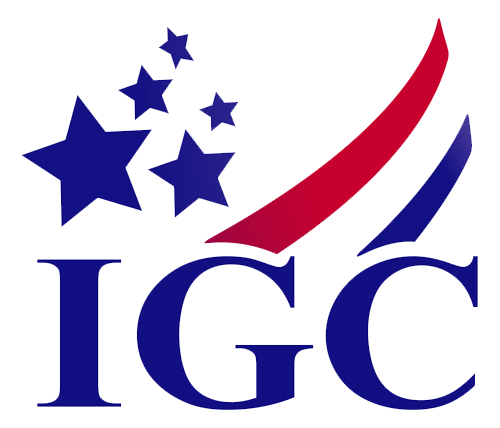POTOMAC, Md.– (NYSE American: IGC), India Globalization Capital, Inc. (IGC) is excited to present preliminary positive secondary end point findings from its Phase 1 clinical trial for IGC-AD1. The investigational new drug, IGC-AD1, is IGC’s proprietary Tetrahydrocannabinol (THC)-based candidate designed to treat certain symptoms of Alzheimer’s disease. The results of the clinical trial have been submitted in the Clinical/Statistical Report (“CSR”) filed with the FDA, and relevant data is also available on Form 8-K filed with the SEC on December 2, 2021.
Alzheimer’s disease impacts about 50 million people worldwide and about 5.5 million individuals in the U.S. Over 70% of these patients face one or more debilitating symptoms, including anxiety, depression, and agitation (Mendez, 2021). Agitation in dementia patients can include excessive physical movement and verbal activity, restlessness, pacing, belligerence, aggression, screaming, crying, and wandering. Currently, there is no FDA-approved medication to alleviate symptoms of dementia, such as agitation, due to Alzheimer’s disease.
To the best of our knowledge, this is the first human clinical trial combining low doses of THC with another molecule to treat symptoms of dementia in Alzheimer’s patients. THC is a naturally occurring cannabinoid produced by the cannabis plant. It is known for being a psychoactive substance that can impact mental processes in a positive or negative way depending on dosage. THC is biphasic, meaning that low and high doses of the substance may affect mental and physiological processes in substantially different ways. Our trial is based on low or microdosing, which is hypothesized to potentially have a promising effect on Alzheimer’s patients.
As previously disclosed the recently closed trial was approved to proceed by the U.S. Food and Drug Administration (FDA) on July 30, 2020. The trial included three cohorts, with 12 patients in each cohort. Patients in Cohort-1, Cohort-2 and Cohort-3 received the medication once, twice, and thrice per day, respectively, for 14 days. To evaluate one of the secondary end points for the study, neuropsychiatric symptoms of patients, across all cohorts, were assessed on day zero of each cohort to establish a baseline, as well as on day 10, and day 15 of each cohort.
Based solely on the data collected over the course of the Phase 1 trial, we saw evidence of clinical improvements in anxiety, depression, and agitation. On the anxiety and depression scales, we documented a decrease of approximately 50% to 60% in patients who received the drug. For agitation, we documented a decrease of approximately 35% to 60% in patients who received the drug. The degree of the decrease varied by cohort. Based on the preliminary data obtained to date, IGC estimates that the most effective dosage of the drug may be once or twice per day, depending on the symptom. As previously disclosed, we have received an initial patent, and filed additional patents to protect our intellectual property.
As this was a Phase 1 trial, data collected related to neuropathic symptoms are preliminary in nature and are not a guarantee of future positive results. Nevertheless, IGC is encouraged by these initial promising and exciting results, as the potential to improve the quality of life of Alzheimer’s patients and their caregivers could be significant if similar results are repeated in future trials with larger patient pools. We are in the process of using the results from this Phase 1 study to design and subsequently pursue, based on FDA approval, a placebo-controlled, multi-site trial with a significantly expanded patient population to further test the efficacy of IGC-AD1 on agitation, anxiety, and depression in Alzheimer’s patients. The details of a clinical trial process in general are documented in IGC’s annual report.
IGC-AD1 is an investigational new drug that has not been approved as a medication by any regulatory body in any country. Although the Phase 1 trial has been completed, and certain data has been collected, IGC-AD1’s safety and efficacy need to be further established through trials on larger and more diverse groups of Alzheimer’s patients.



